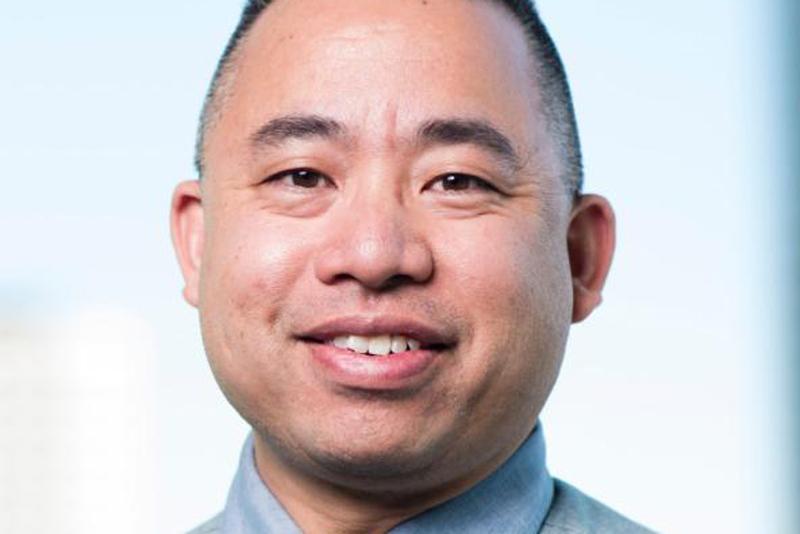-
About
- Departments & Offices
-
Academics
- Physician Assistant
- Special Master’s (MBS)
-
Admissions & Financial Aid
- Tuition & Fees
-
Student Life
-
Research
- Research Labs & Centers
-
Local & Global Engagement
- Global Health Programs
- Community Engagement
Faculty Research Spotlight: Fernando Ona
The beauty of public health practice is that we can inspire each other to really remember and engage with each other in the present moment and time to manifest real change..."

Whatever their cause, research initiative, or area of focus, public health professionals advance the cause of human life, wellbeing, and dignity. Few do so more directly than Tufts MPH Professor and Mental Health Epidemiologist Fernando Ona.
In the classroom, Professor Ona teaches global health practice, qualitative data analysis and human rights. Outside the classroom, these same topics take Professor Ona to places like Iraq, Syria, and Jordan—war-torn corners of the world where he works closely with refugees and asylum seekers who are survivors of torture.
“I feel a sense of obligation…of duty and responsibility to support and rehumanize and reanimate these populations and communities,” he says. “To remember that we can care for each other, that we can attend to and address human suffering, and the violence of the world.”
Professor Ona’s efforts are three-fold. His primary work is in one-on-one settings with survivors, helping them to process their experiences, to rediscover themselves, and to reanimate in them a sense of purpose and meaning in life in the aftermath of the brutality they’ve endured. He also works to integrate “horizontal practices” within the affected communities—pathways for connecting victims and survivors with the housing and employment resources they need to rebuild a semblance of the life they knew before. Finally, Professor Ona operates on a policy and advocacy level, engaging with the legislatures and political entities capable of preventing and mitigating the conflicts that precipitate the suffering his work seeks to alleviate.
With work to be done on so many fronts, Professor Ona relies heavily on student researchers. Students from the MPH program engage in everything from literature reviews and data analysis to clarifying clinical approaches and developing policy briefs.
“My students are participating in a number of different ways and in a number of different capacities,” says Ona. “They may not be at the war zone with me, but they are certainly deeply present in the work I do.”
“I find a profound hope in working together. The beauty of public health practice is that we can inspire each other to really remember and engage with each other in the present moment and time to manifest real change—change that speaks to, attends to, and addresses injustices and oppression in the world.”
Department:
Public Health and Community Medicine